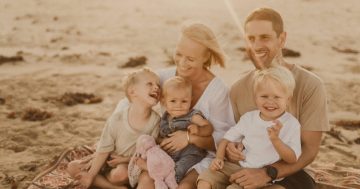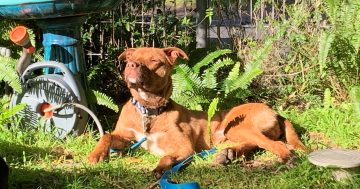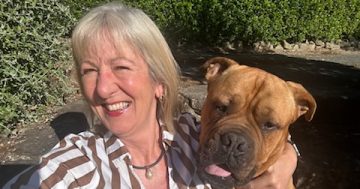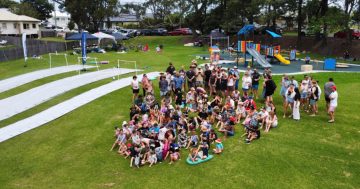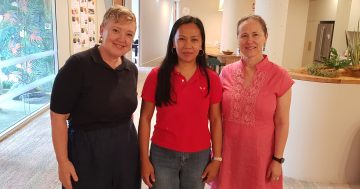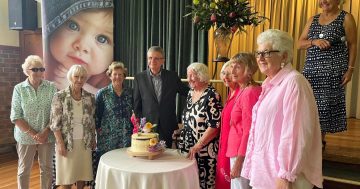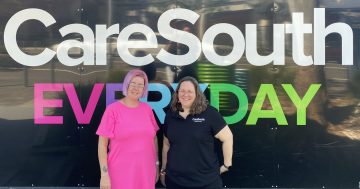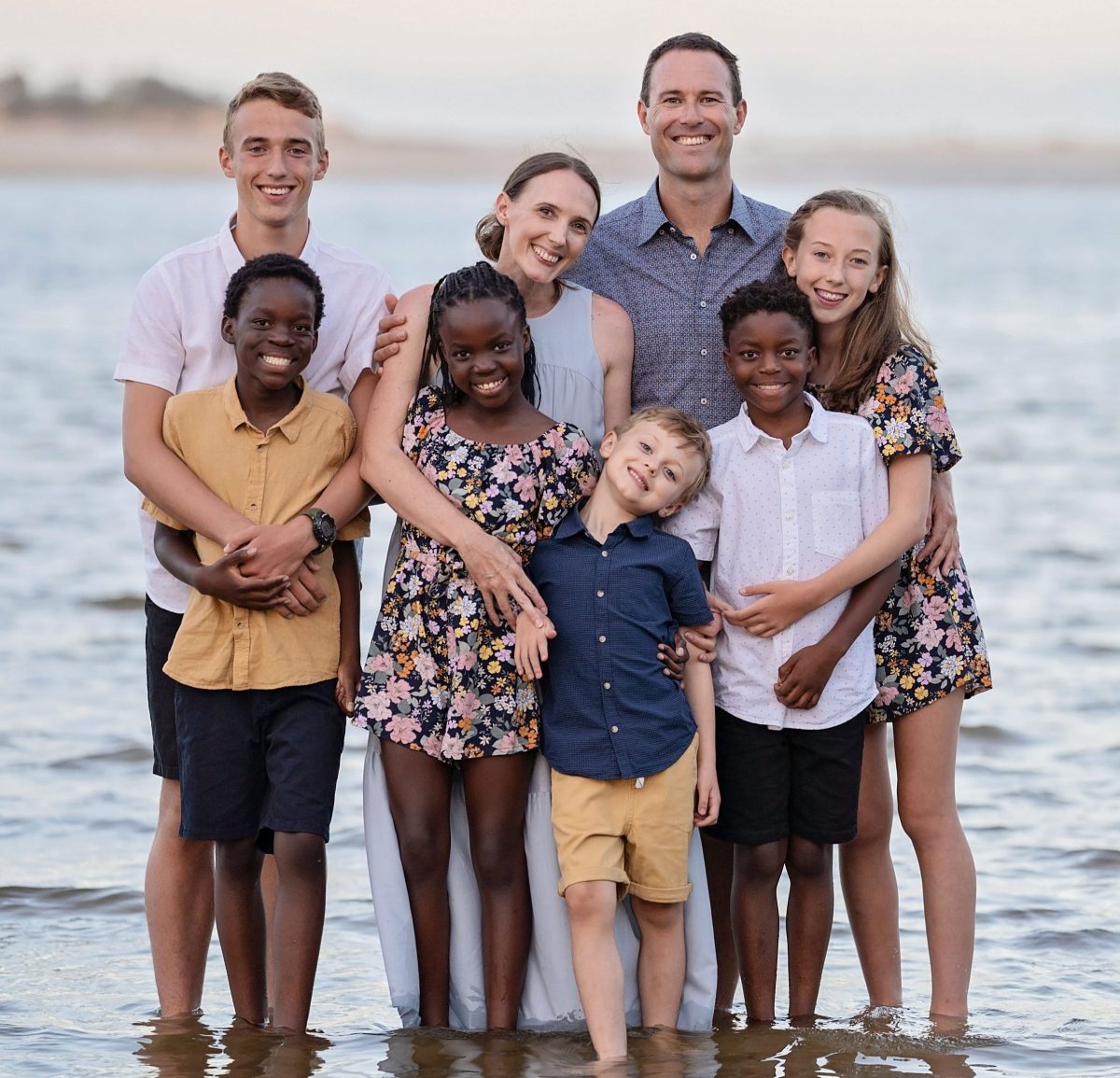
How this Illawarra family came together is just one part of a remarkable story, one that’s keeping families together in Africa. Photo: Tara Lee Photography.
One evening in 2006, Cordeaux Heights maths teacher Mark Dombkins and school councillor Anna Dombkins tucked their first-born Jackson into bed and settled in to watch a documentary that shook their world.
“Some activists had snuck some cameras in to document the human rights violations taking place in an orphanage in a developing country,” he said.
“It was terrible. These tiny children were being left to die.
“Watching this horror reality play out on screen, with our son sleeping safely, soundly and loved, it really hit us hard. We started wondering what it would look like to open our home to children without hope of a family of their own.”
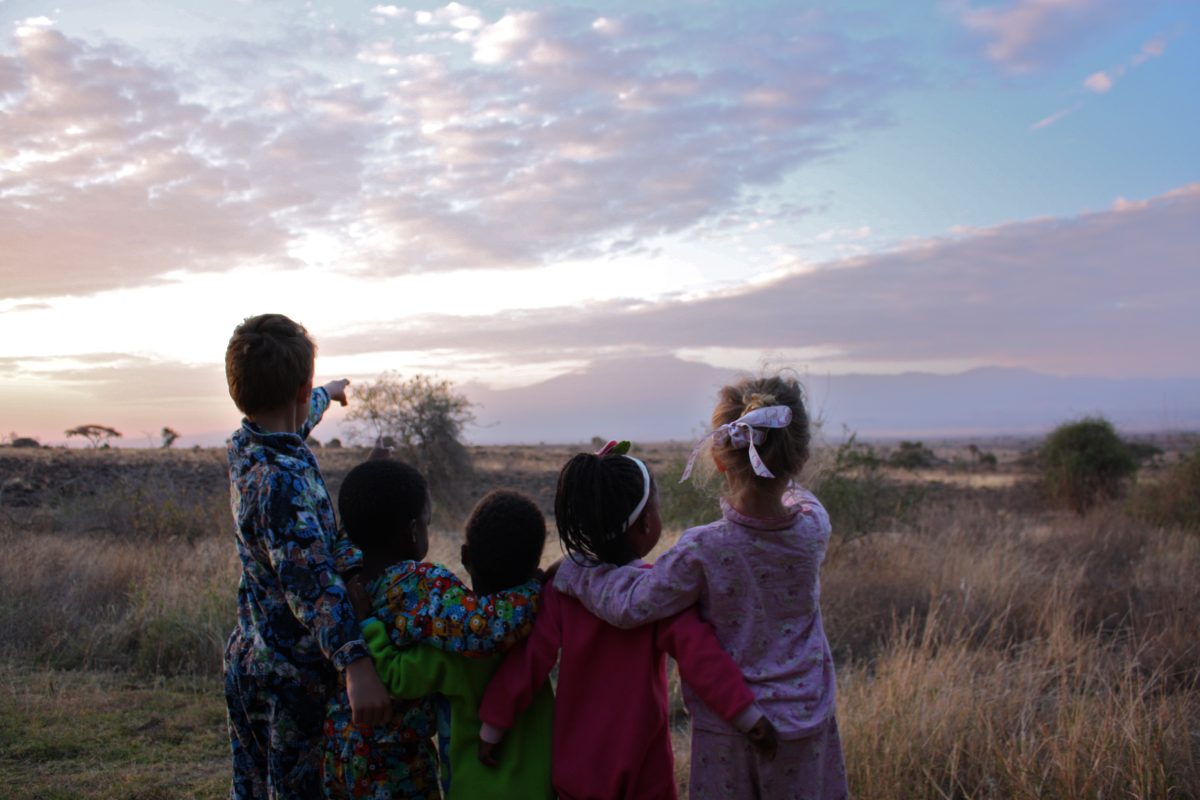
The Dombkins left Tanzania with five children – three adopted. But they couldn’t just walk away. Photo: Mark Dombkins.
It would be a few years before the little family put this plan into action, but the seed had been sown for a movement – Forever Projects – that has to date saved 1560 families and 1891 babies from a grim reality.
When Jackson was four and his baby sister Jemima was one, the family relocated to Tanzania for three years to live, work and kick off the adoption process.
It brought them to Forever Angels, a project run by a passionate group of people at a baby home providing interim care for abandoned and malnourished babies.
The group was eager to understand the underlying reasons behind child abandonment, and how they could work towards systemic change.
“They wanted to know how they could work with families so they weren’t forced to separate, because what they knew was that it was not a case of these children not being loved,” Mark says.
“Babies are abandoned in heartbreak and desperation. They’re not unwanted, just unable to be kept.”
The Dombkins have six children – three biological and three adopted children. But as they prepared to return to the Illawarra in 2013 with a deeper understanding, the truth sunk in.
“In Tanzania there are more than three million orphans. We knew when we walked away, we’d leave behind so many babies who weren’t going to a family,” Mark says.
“Adoption is a beautiful thing, but as an adoptive parent you can’t help but ask yourself what needs to be changed in the life of a biological mother for them to be able to keep their child.”
Forever Angels was already on the path to solving the problem – they knew the answer was to catch women in crisis and provide them with a helping hand, rather than a handout.
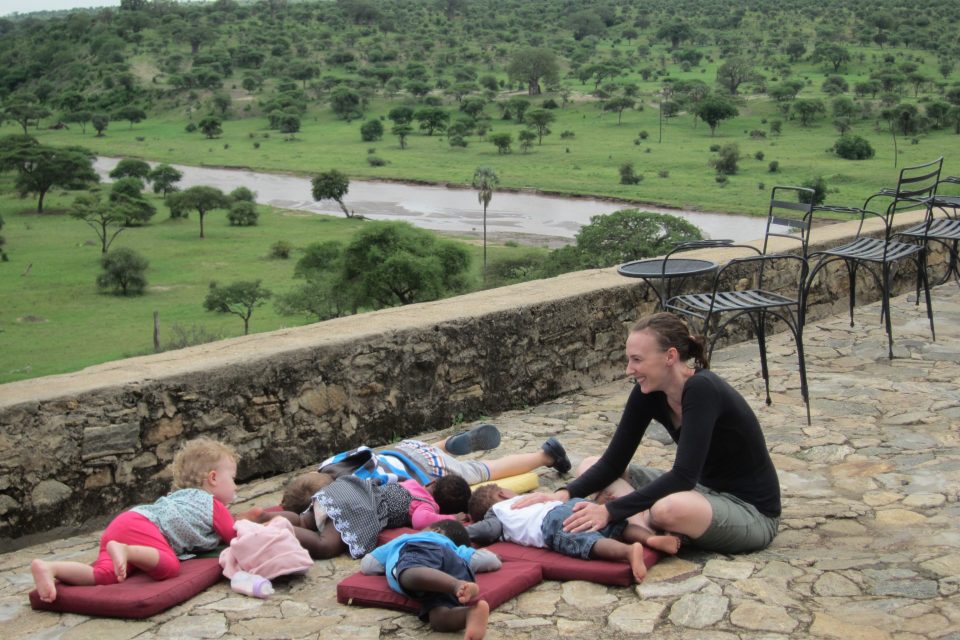

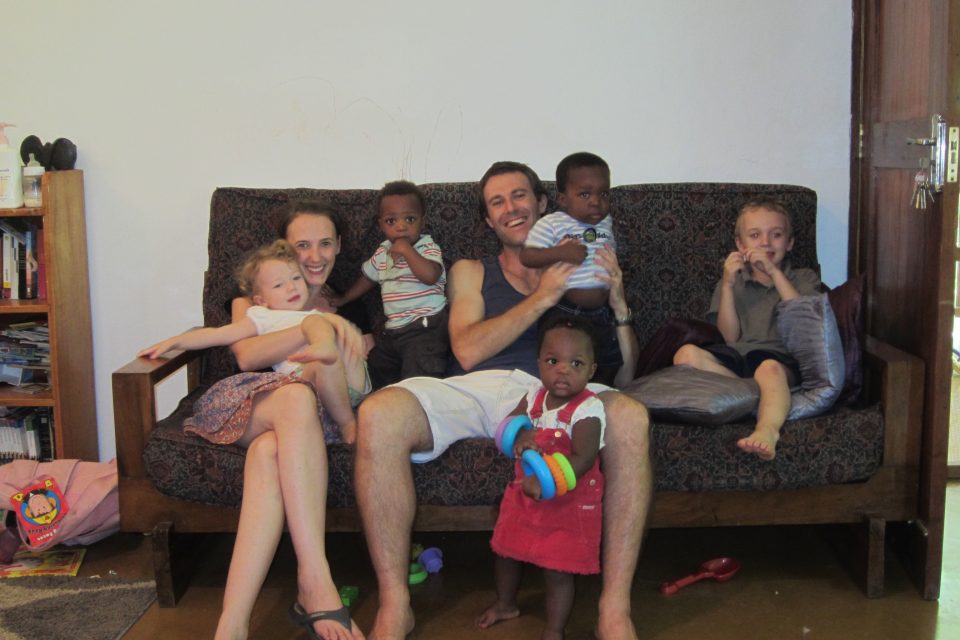


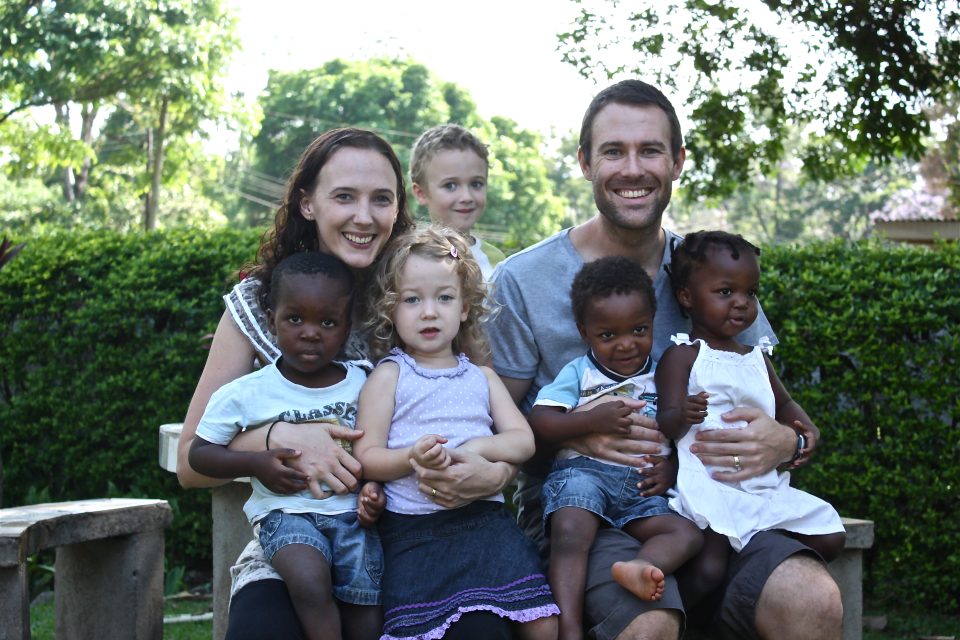
The concept was not new – empower a woman to use what she had to create a sustainable life and she could keep her family together.
“They had it figured out, they had a vision for preventing family separation. What they needed was funding,” Mark says.
“We thought – how can we use what’s in our hands to make that happen? We had friends and family who knew about our experiences adopting and living in Tanzania, and we thought we’d start there.”
What began as a humble fundraising effort in their own circle gained traction – eventually, big enough to warrant its own charity. In 2015 Forever Projects was born, and “use what’s in your hands” became its mantra.
It’s a mantra that its supporters have taken to heart, tapping into their own wealth, time, talent, skills and networks to raise more than $1.75 million to date.
Remarkably, the charity’s early supporters cover all of its “unsexy costs” like wages and bank fees. This means every cent donated by the wider public directly funds work on the ground, nourishing malnourished infants and empowering their parents to become financially independent.
More specifically, it includes training in first aid, nutrition and business skills, health check-ups, baby formula and crucially, helping women set up suitable businesses to ensure a sustainable income.
As Forever Projects continues to grow organically from its Illawarra roots, so too, does its reach in Tanzania – a country where a third of the population is below the basic needs poverty line and 20 women die each day in childbirth.
“We’re seeing now, years after they’ve come to Forever Projects, babies that were at risk of being in an orphanage are still with their parent or carer, they’re at school, they’re healthy,” Mark says.
“It’s all thanks to Forever Projects – a growing community of the brave and the generous.”
To use what you have in your hands to help women break the cycle of poverty, or for more information, visit Forever Projects.









